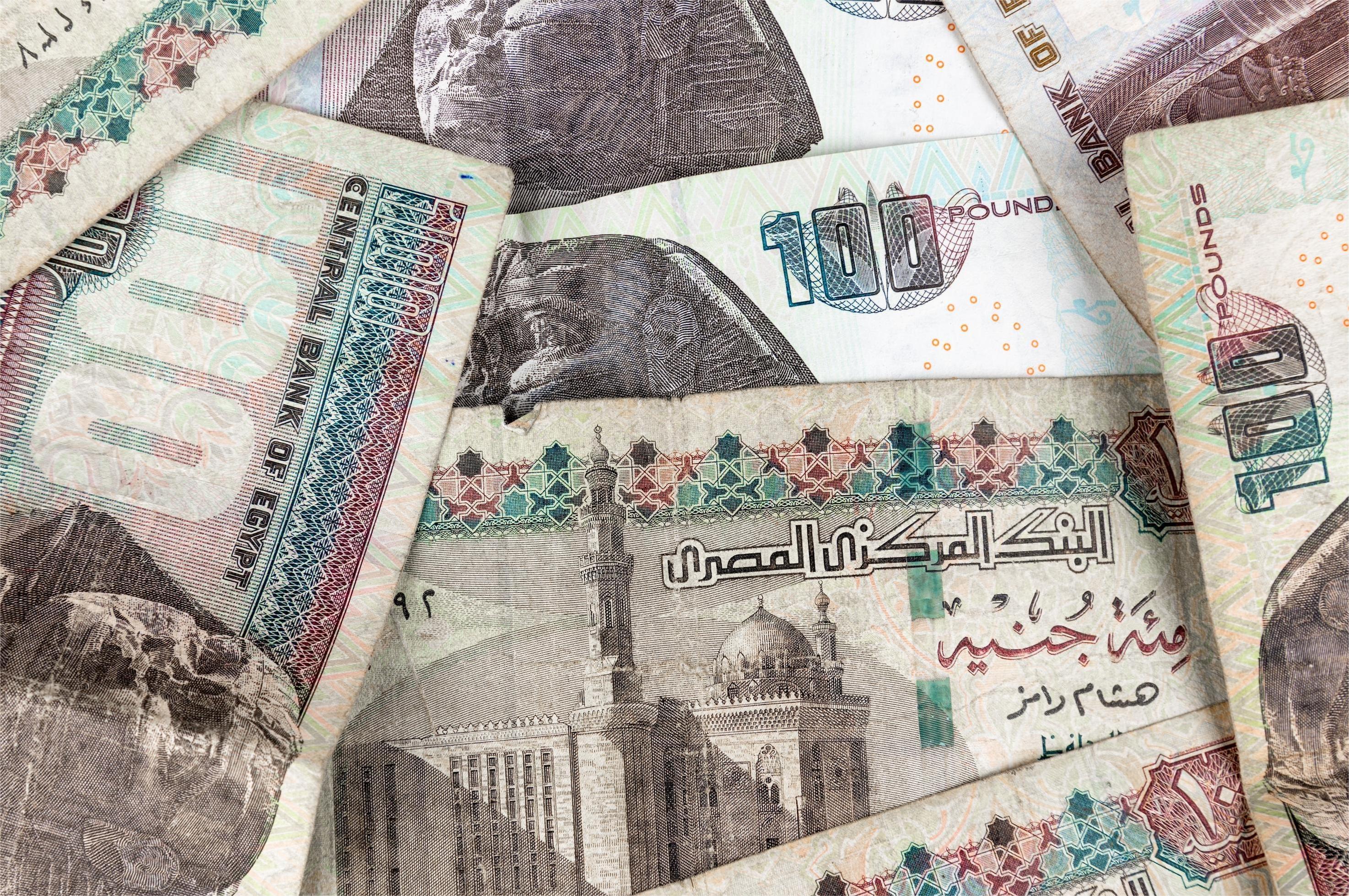
For the first time since the March 2024 float, the US dollar is trading below EGP 48, continuing a series of losses that began in mid-April. Ahmad Abdel Rahman reports from Egypt.
Analysts believe that the losses incurred by the US dollar against the Egyptian pound are natural and short-term, linked to movements in foreign exchange flows and the weakness of the US dollar against major currencies.
At a time when the US president is keen to weaken the dollar and cut interest rates to support the growth of the world's largest economy, this uptick of the Egyptian pound is understandable.
In recent trading, the dollar was trading at the Central Bank of Egypt (CBE) at EGP 48.15 for purchase and EGP48.29 for sale. At the National Bank of Egypt and Banque Misr, the dollar was trading at EGP 47.96 for purchase and EGP48.06 for sale.
Foreign exchange reserves hit record highs
The sudden losses of the US dollar come after the CBE announced that the country's foreign exchange reserves continue to rise. Data from the CBE showed that net international reserves increased by approximately USD 214 million in August 2025, compared to the previous month of July, reaching a new record high.
According to the data, net international reserves reached $49.25 billion last August, compared to $49.03 billion at the end of July 2025. Egypt received approximately $1.2 billion last March following the fourth review from the International Monetary Fund (IMF), while the IMF decided to combine the fifth review with the sixth in September.
A few days ago, the CBE cut interest rates by 200 basis points at the fifth meeting of the Monetary Policy Committee (MPC) this year. Thus, the MPC resumed its monetary easing cycle, which had been temporarily paused last July following two consecutive cuts in April and May totalling 325 basis points. This is the third interest rate cut since November 2020.
The CBE indicated faster-than-expected growth in the fourth quarter of fiscal year 2024/25, with growth expected to reach 5.4 percent during the three-month period. This brings the average growth rate for the previous fiscal year to 4.5 percent, an increase of 2.1 percentage points year-on-year.
The CBE attributed this to "positive contributions from the non-oil manufacturing and tourism sectors," adding that despite the expected increase in growth, "demand-side inflationary pressures are estimated to remain limited."
Significant improvement in tourism revenues and Egyptian remittances
Hany Genena, an economic specialist and head of the research unit at Pharos Securities, said that Egypt began to witness a clear momentum in foreign exchange inflows during the second half of 2024. This momentum was driven by a significant boom in tourism and improved confidence in the Egyptian economy following the decision to liberalise the exchange rate.
Genena confirmed that the tourism sector is witnessing a remarkable recovery, noting that the expected number of tourists this year could reach approximately 18 million, with revenues reaching $16 billion. This has helped offset a significant portion of the loss in Suez Canal revenues, which were affected by geopolitical tensions in the region.
Genena expected the Egyptian pound to further improve against the US dollar by the end of this year, driven by the dollar's global decline, particularly against the euro, which represents a large bloc of Egypt's trading partners.
What do international institutions expect for the Egyptian pound?
While some institutions expect a gradual improvement in the Egyptian pound, others remain cautious, making 2025 a crucial year in determining the future of Egypt's exchange rate.
In a previous report, Goldman Sachs indicated that the Egyptian pound is still undervalued by approximately 30 percent, suggesting that the fair price is approximately EGP 35 to the dollar. The bank called on foreign investors to take advantage of this difference by investing in Egyptian debt instruments that offer attractive returns.
In a recent research note, Standard Chartered Bank takes a more conservative view. Carla Slim, the bank's chief economist for the Middle East and North Africa, predicted that the dollar would reach EGP 52 by the end of 2025, rising to EGP 54 in 2026, noting the continued structural pressures on the Egyptian economy.